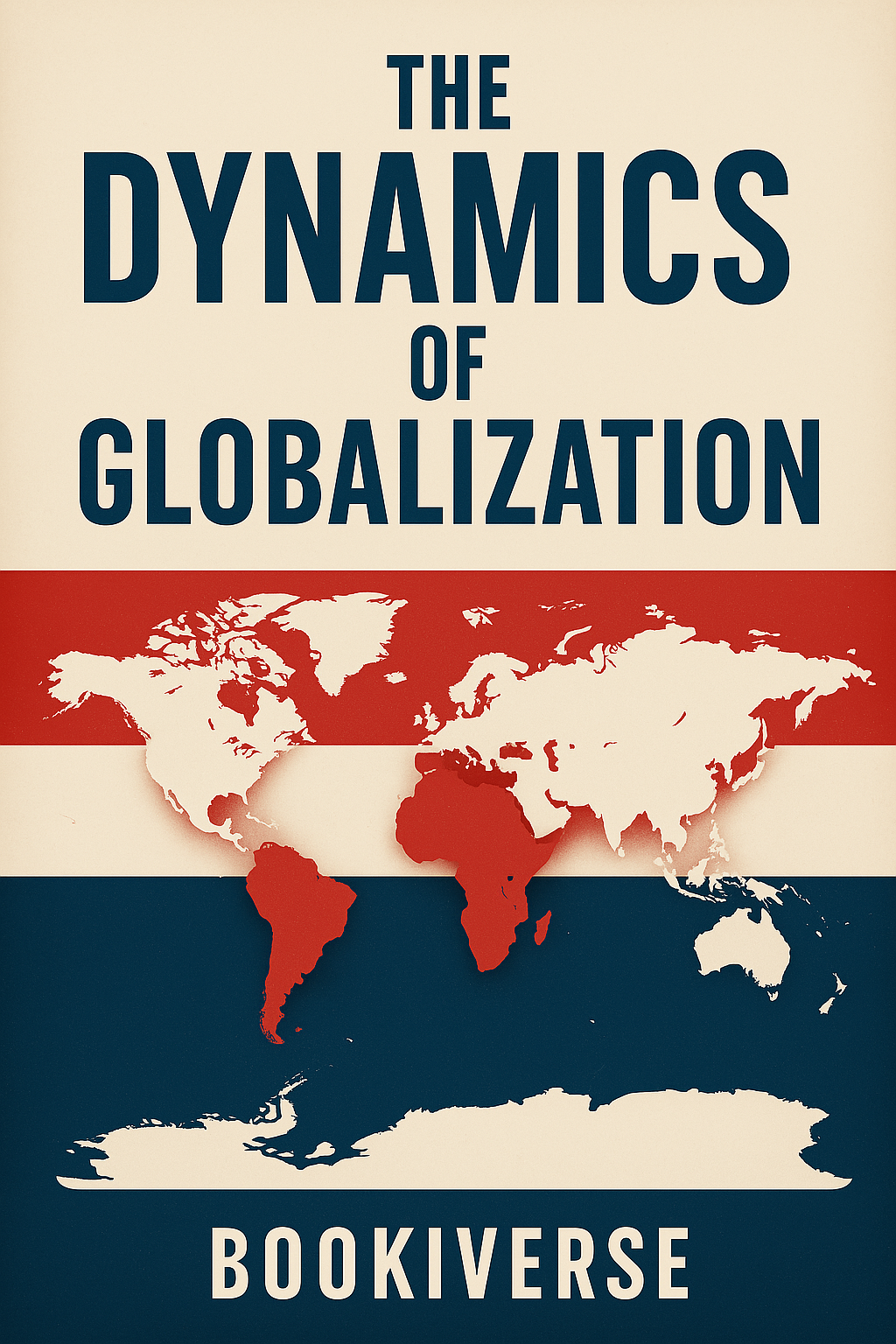Globalization, the increasing interconnectedness of the world's economies, cultures, and populations, is one of the defining phenomena of our time. Driven primarily by cross-border trade, technological advancements, and flows of investment, people, and information, it has profoundly reshaped societies and individual lives. While often discussed in economic terms, globalization's impact extends far beyond markets, influencing politics, culture, the environment, and social structures. Understanding its complex dynamics—both its considerable benefits and its significant drawbacks—is crucial for navigating the contemporary world.

CEFR C1 Level
Understand demanding texts & implicit meaning. Express ideas fluently.
The Dynamics of Globalization
Economic Dimensions
Economically, globalization has facilitated unprecedented levels of international trade and investment. Multinational corporations operate across borders, supply chains span continents, and financial markets are deeply integrated. Proponents argue this leads to greater efficiency, lower prices for consumers through competition, access to larger markets for businesses, and potentially faster economic growth, particularly for developing countries able to integrate into the global economy. Technology, from container shipping to the internet, has dramatically reduced the costs and friction associated with international transactions, accelerating this integration.
However, the economic benefits are not universally shared, and globalization faces substantial criticism. Concerns include job displacement in developed countries as manufacturing moves to regions with lower labour costs, downward pressure on wages for low-skilled workers, and increased income inequality both within and between nations. Financial integration also carries risks, as economic shocks in one part of the world can rapidly propagate globally, as witnessed during various financial crises. Furthermore, the dominance of large multinational corporations raises questions about fair competition and exploitation of resources or labour in less regulated environments.
Cultural Impacts
Culturally, globalization promotes the exchange of ideas, values, and artistic expressions across borders. Through travel, media, and the internet, people are exposed to diverse cultures more easily than ever before, potentially fostering greater understanding and tolerance. This exchange can lead to cultural hybridization, where elements from different cultures blend to create new forms. Global movements related to human rights, environmentalism, and social justice have also gained traction through increased international communication and shared awareness.
Conversely, fears exist regarding cultural homogenization, sometimes referred to as 'Americanization' or 'cultural imperialism,' where a dominant global culture overshadows or erodes local traditions, languages, and identities. The pervasive influence of global media, brands, and entertainment can lead to a perceived loss of cultural uniqueness. This tension between global integration and the preservation of local distinctiveness is a recurring theme in debates about globalization's cultural consequences.
Political Implications
Politically, globalization has led to the rise of international organizations (like the UN, WTO, IMF) and increased interdependence between nation-states. Cooperation is often necessary to address transnational issues such as climate change, pandemics, terrorism, and economic regulation. This interdependence can promote peace and stability by raising the costs of conflict. However, it also challenges traditional notions of national sovereignty, as decisions made by international bodies or global market forces can significantly impact domestic policies.
In recent years, a significant political backlash against aspects of globalization has emerged in various countries. Concerns about national identity, economic insecurity, immigration, and loss of control have fueled nationalist and populist movements advocating for protectionist policies and reduced international engagement. This highlights the political complexities and the need for governance structures that manage globalization's effects more equitably and address the anxieties of those who feel left behind by the process.
Conclusion: A Complex Balancing Act
Globalization is neither inherently good nor bad; it is a complex and ongoing process with multifaceted consequences. It has generated significant wealth and facilitated cultural exchange but has also exacerbated inequalities and created new vulnerabilities. The future trajectory of globalization is uncertain, potentially facing modification due to political pressures, technological shifts, and global crises. Ultimately, harnessing the benefits of interconnectedness while mitigating the negative impacts requires thoughtful policies, international cooperation, and a continued focus on promoting inclusive and sustainable development on a global scale.